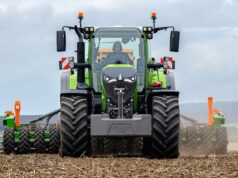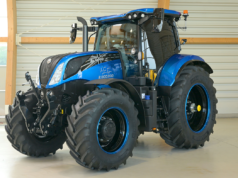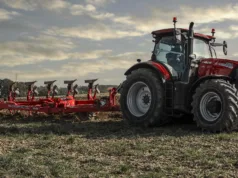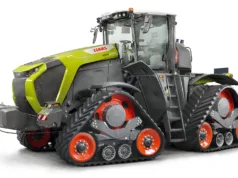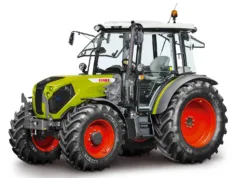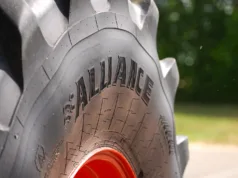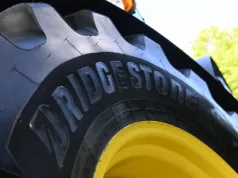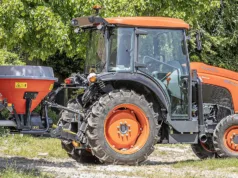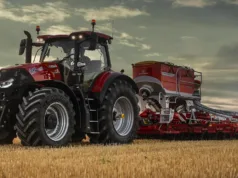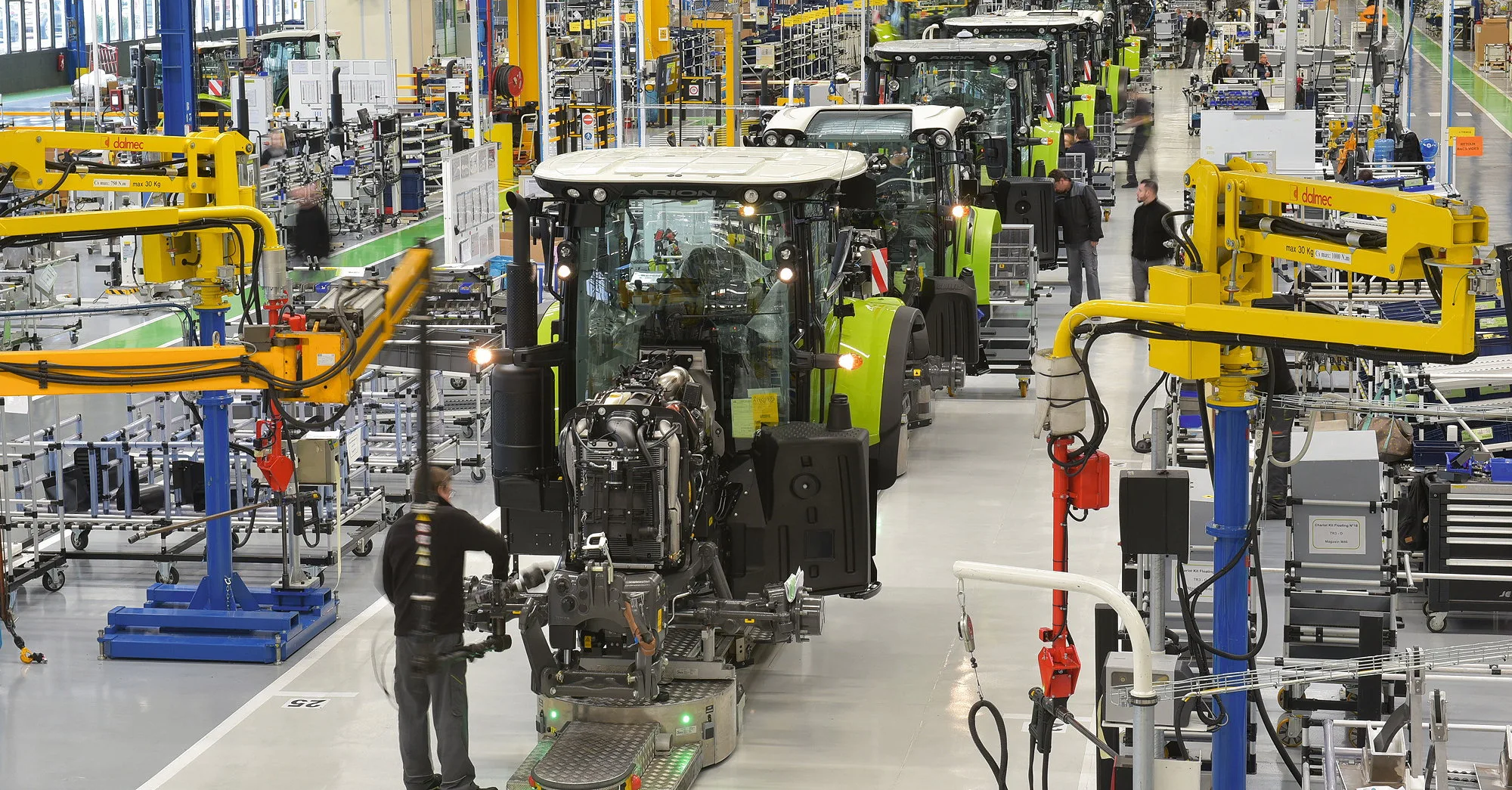
On February 23, 2003, Helmut Claas signed the agreement to acquire a majority stake in Renault Agriculture, the tractor division of the Renault Group. Since then, Claas has gradually consolidated its position as a full liner provider on the international stage and invested in efficiency- and productivity-boosting innovations along with state-of-the-art production processes.
The move signalled a reshuffling of the cards in the global agricultural machinery sector. Having acquired a controlling stake in Renault Agriculture, followed by its complete acquisition in 2008, Claas graduated from a harvesting equipment specialist to full liner brand, adding standard and specialist tractors to its product range to complement the flagship Xerion built in Harsewinkel.
The signing of the agreement between Helmut Claas and Renault SA board member Patrick Faure on the eve of the Sima Show in Paris generated a significant amount of media coverage following its announcement. By the end of April, the staged acquisition had been approved by the necessary authorities.
From October 1, 2003, the factory at Le Mans began switching the colour scheme from Renault Orange to Claas’ Seed Green, and from November 1, 2003, all models for new and emerging markets rolled off the assembly line in Claas corporate colours. With the product range now complete, Claas was able to display a full line-up of its new tractor offering at Agritechnica 2003.
Work on the development of the Axion 800 large tractor also started in late 2003 and barely three years later, the new tractor was added to the Claas sales range. This marked the first step in the gradual replacement of the Le Mans product portfolio: over time, the Celtis, Ares and Atles were rebranded as the Arion and Axion – product names that ushered in a new era.
The new Arion and Axion tractors paved the way for numerous award-winning innovations that came to define the industry: the large, high-contrast Cebis terminal for the Axion and later also the Arion 500 and 600 series; the Panoramic cab for the Arion 400; Telematics for fleet management; the Axion Terra Trac, which was the first half-track tractor with full suspension; and Cemos, the market-leading self-learning, dialogue-based operator assistance and process optimisation system for the Arion and Axion CMatic.
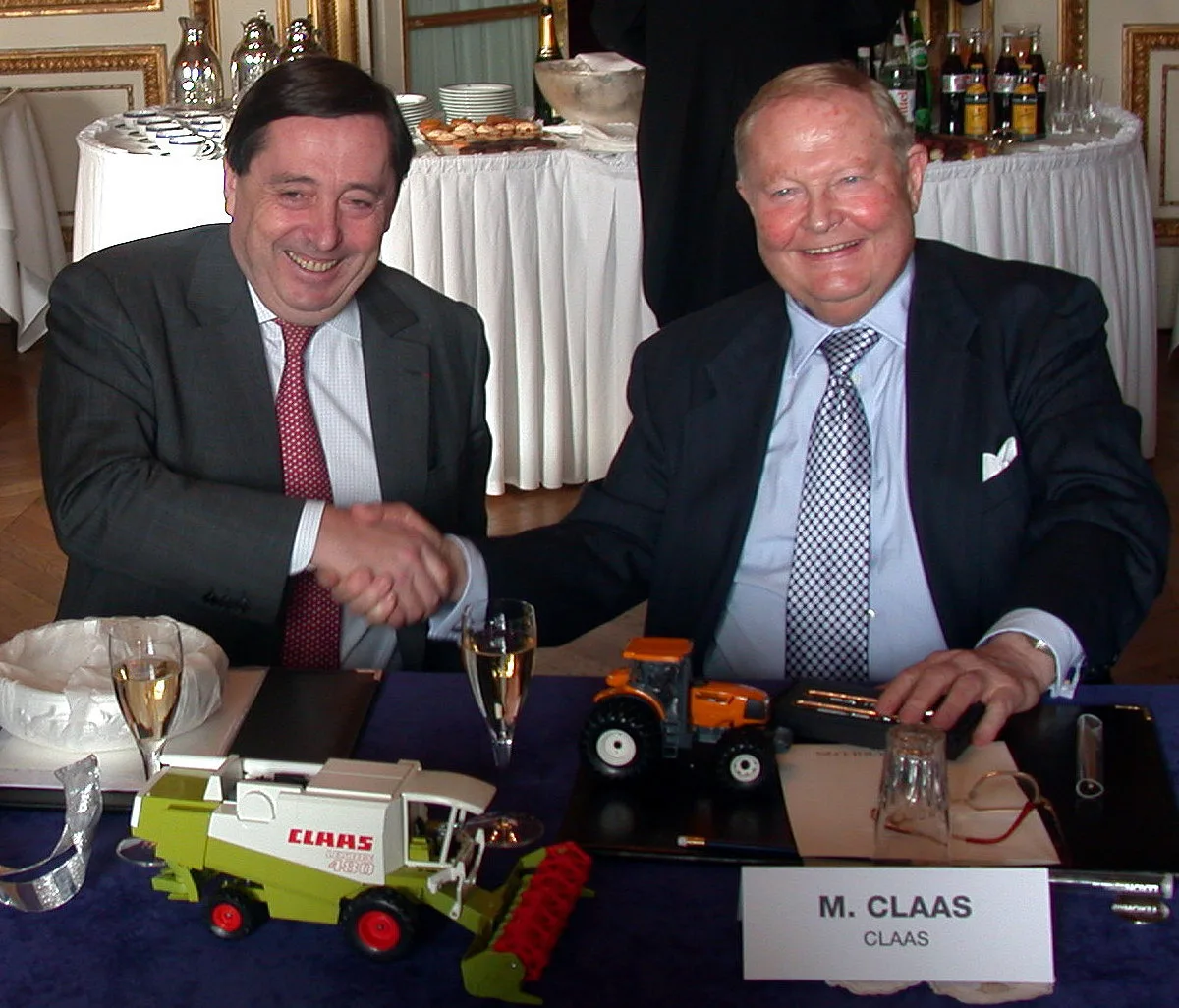
Claas tractors from Le Mans were smashing records too; in 2013 the DLG Test Centre tested the 416hp Axion 950 on behalf of the farm machinery journal Profi and measured a record-breaking pulling power of 242kW – making it the world’s most powerful standard tractor! In the DLG PowerMix test, the tractor beat the average of all tractors tested before by 15 per cent with a fuel consumption of just 249g/kWh.
These and other successes can be attributed to a team of developers based at group-wide Claas sites whose primary aim is to build the most efficient and productive tractors for farmers and contractors throughout the world. Expertise in Terra Trac crawler tracks and Cemos system and process intelligence at Claas Industrietechnik at Paderborn is combined with electronics expertise from Claas E-Systems at Dissen and the standard tractor development capabilities at Vélizy. Together, they are already researching and developing the next generation of tractors from Le Mans.
But research and development is not the only focus of investment, Claas is also rolling out state-of-the-art production processes and ergonomic workstations. Modernisation projects worth more than 80 million euros have been completed since 2003. The largest and most important of these was the Claas Forth initiative that saw production elevated to a new level when it was launched at the end of 2020.
The Le Mans factory now counts as one of the most up-to-date in the world, deploying driverless transport systems (known as autonomous guided vehicles or AGVs) and artificial intelligence in logistics. A new visitor centre modelled on the Technoparc in Harsewinkel recently opened there too.
While the 150,000th Claas standard tractor left the Le Mans factory in spring 2019, the 200,000 mark is expected to be reached during the 20th anniversary year. Today, Claas Tractor at Le Mans produces more than 60 different models from 75hp to 445 hp, from simple tractors for markets with less stringent emissions standards, such as Turkmenistan or Africa, to the high-volume Arion 400 mainly for the European market and the Axion 900 Terra Trac high-tech large tractor for the global market.


